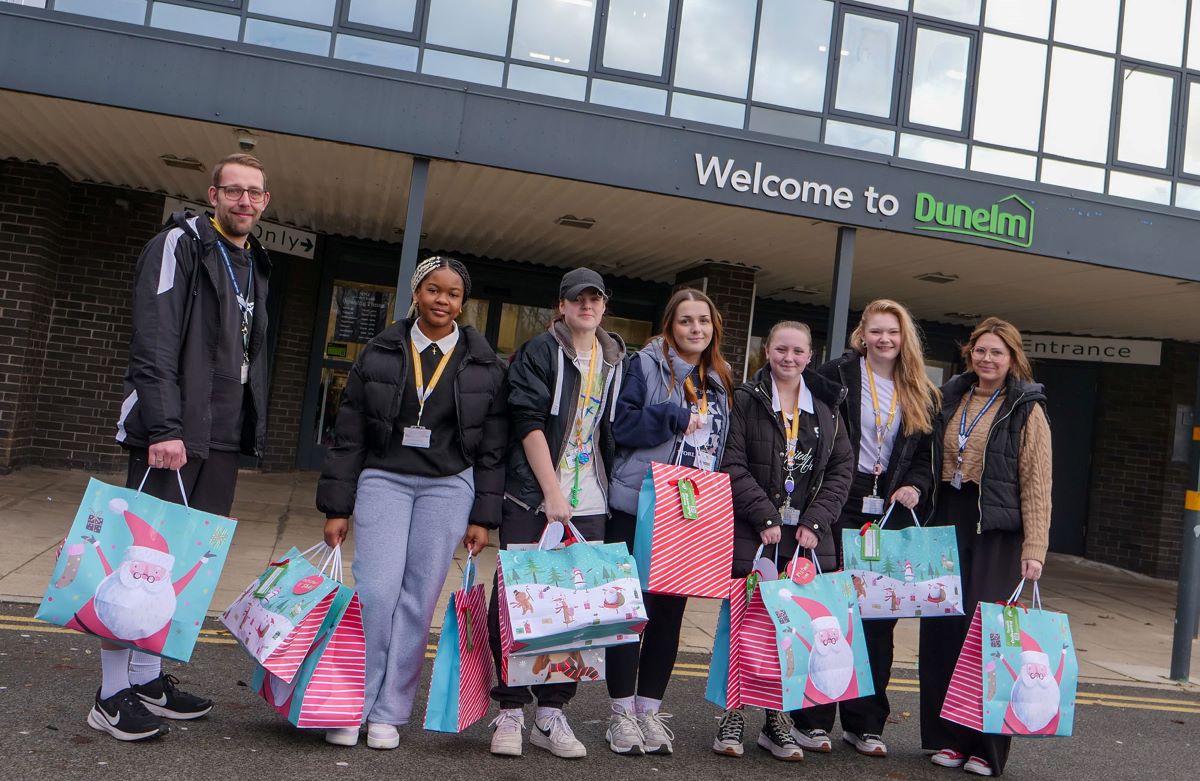Children’s Mental Health Week: Sector Response

Children’s Mental Health Week 2023 will take place from 6-12 February 2023. This year’s theme is Let’s Connect.
Sector Response
Paul Whiteman, general secretary of school leaders’ union NAHT, said:
“NAHT is a proud supporter of Children’s Mental Health Week which crucially raises awareness of the issues facing children and young people’s mental health.
“This year’s theme recognises the enormous toll the pandemic and successive lockdowns took on pupils’ mental wellbeing, with many children missing out on seeing their classmates and building their friendships.
“The week also coincides with Race Equality Week, and the two together provide an opportunity to recognise the impact that racism and discrimination can have on children’s mental health.
“Our members and their staff work hard to support pupils to develop positive and respectful relationships and build confidence in their social interactions, so that all students feel accepted and valued, but they cannot do this alone.
“The government must go further in ensuring schools have the resources they need to help pupils with their mental health, while at the same time investing more in early help and specialist treatment services in the community.”
Dr Mary Bousted, Joint General Secretary of the National Education Union, said:
“In Children’s Mental Health Week we continue to call on the government to not just acknowledge the increase in children and young people who struggle with mental health issues but to make concrete investment and effective planning to tackle it.
“Schools need more than sticking-plaster approaches and cheap substitutes for specialists from the government. They need timely access to specialist mental health professionals and funding for the increased pastoral capacity that we know works, and they need it now. Years of young lives are being lost waiting for specialist support and it can’t go on.
“Teachers need time to get to know their students well rather than just racing them through an over-full curriculum towards high-stakes exams, all of which impacts negatively on student and teacher mental health.
“With increasing numbers of young people missing school because of mental health issues and a teacher recruitment and retention crisis, surely now is the time for the government to listen to young people, families and those professionals who work with them daily and to make the changes we need for every child to feel connected and to thrive.”
GMT’s Directors and Co-Founders Emma Mander and Meg Walls know that a child’s behaviour is a form of communication and understanding the importance of listening to them. But what is also important, especially post-pandemic is real connection.
Emma Mander said, ’’it’s absolutely devastating that we need Children’s Mental Health Week in the first place but it is amazing to create awareness around it.”
‘’Let’s Connect is a really good topic to focus on this year as I know we struggle sometimes to find various groups for young people to access when struggling with mental health. It’s sad that there are now so many different organisations and charities set up for children in crisis, but very few Youth Groups and programmes that help build connection, which can help prevent reaching crisis.”
When we were young, Youth Groups were just part of your timetable, but they just seem to have died out now and there just aren’t any around anymore really, and engagement is poor because we are dealing with a different generation. This generation of young people are just so conditioned to interact online, so that is where they feel comfortable.”
Meg added, ‘’Engagement and making a connection has become difficult, face to face human interaction isn’t the norm for the younger generation. Off the back of the pandemic, these skills have been lost, not practised or even developed in the first place.’’
‘We look back with fond memories of youth clubs, but we understand that this isn’t a one size fits all approach nowadays. As parents or carers, we need to look at the individual and see what will work for them. Some of the more traditional groups like sport or dancing might not be right, but look for something that is. ’The importance of connection cannot be underestimated.”
‘’We work with a lot of children and young people who are in school, but that’s not the only place you can get that interaction with others. Groups are out there but the typical ones don’t necessarily suit this generation.’’
There are a number of services that can help at the point of crisis, not just for children and young people, but for parents and carers too, but even more so just connecting with someone whom you can speak to when you are struggling
Emma and Meg shared some of the resources and support networks they recommend for parents and carers to look at.
They recommend the services of Place2Be, Young Minds, Kooth, Shout UK, and Papyrus to reach out in times of crisis as they are adapting their models for the younger generation, providing anonymous features, and online and text-for-help services.
In addition, parent groups run by parent carers on Facebook such as ‘Not Fine In School – Family Support for Attendance Difficulties’ are great sources of knowledge, advice and support.
Emma Mander added, ‘’Supporting children and young people is our life’s work, we’ve said we are going to make a difference to this system, one step at a time we are making waves and we are so proud of the work we’re achieving, with the amazing partners we work with.’’
‘’Everybody that is currently supporting children and young people with mental health difficulties whether you are a parent, carer or organisation, you are doing amazing, even when you don’t think you are!’’











Responses